A group of students from Global College High School in Stockholm, who spent the past two weeks researching various aspects of Bosnian society, demonstrated the importance of youth mobility for real-world learning and understanding.
Global College High School has around 700 students enrolled in programs focusing on social sciences, arts, economics, and natural sciences. The school has experience in working on global issues with a focus on human rights and sustainability. As part of their final year, students from this prestigious institution go on a study visit to a selected country. During their two-week stay, they explore various aspects of the host country’s social, cultural, and political contexts. The study visit aims to provide students with the opportunity to meet and engage with local actors, gaining diverse perspectives to inform their final (graduation) thesis based on their experiences.
In partnership with Global College, the Institute for Youth Development KULT has been diligently planning a study visit since mid-last year. This visit allowed 28 young Swedes who chose Bosnia and Herzegovina as their destination to engage with local institutions, organizations, and citizens, gaining diverse perspectives on the geographic, social, economic, and political contexts of BiH.
Over the past two weeks, hard-working and well-prepared young people, organized into groups to work on crucial topics. These included the status of women in the BiH society, the rights of minorities (with a specific focus on persons with disabilities, national minorities, and the LGBT population), opportunities for young people in education and the job market, public spaces, and historical narratives.
The visit included a meeting with the newly appointed ambassador of Sweden to Bosnia and Herzegovina, H.E. Helena Lagerlöf and the head of Development Cooperation at the Embassy of Sweden in Bosnia and Herzegovina, Ms. Eva Smedberg, who provided the students with an overview of the extensive support Sweden has offered to Bosnia and Herzegovina for decades through various development programs.
Before returning to Sweden, the young participants had the opportunity to reflect on their entire experience. They found it valuable for their graduation research and deeply meaningful in terms of the warmth, friendliness, and motivation they encountered. They appreciated the individual and collective efforts of individuals, citizens, and organizations tirelessly fighting for new opportunities, better quality of life, and the rights of various population groups.
In addition to numerous interviews and conversations, the young visitors were particularly impressed with the educational tours “Paths of (In)visible Mostar Women” and “Maps,” organized with the Mostar Citizens’ Initiative and the Youth Cultural Center Abrašević.
For us at the Institute, this visit was an exceptional experience that inspired us to intensify our efforts in empowering young people. Meeting these brilliant students and their teachers reinforced the importance of quality education that aligns with the needs of young people and integrates practical experience. This is an imperative for a better future for Bosnia and Herzegovina, one that we as a society must strive for.
The Institute would like to take this opportunity to once again thank all our partners and friends who provided selfless support to this great group of young people during their stay in Mostar and Sarajevo:
- Embassy of Sweden in BiH,
- Youth Cultural Center “Kosta Abrašević”,
- United World College in Mostar and Mr. Haris Idriz,
- Mostar Citizens’ Initiative
- Center for children and youth with special needs “Los Rosales”,
- Association for Education and Development “Dignitet”,
- Association of paraplegic and polio patients “Marko Ravlić”,
- Local Democracy Agency,
- Mostar office of People in Need BiH,
- Women’s Association “Vrba”,
- Women’s Association “Univerzum”,
- Association “Vedri osmijeh”,
- Artists Association “Zanart”
- Retirement and Assisted Living Center in Mostar,
- Children’s Home Mostar,
- Youth Council of the City of Mostar and Youth Council of the Federation of Bosnia and Herzegovina,
- “Minores” Association for Homeless and Underprivileged Persons in Mostar,
- Center for Psychological Support “Senzus”
- Archdiocesan Center for Youth Pastoral John Paul II,
- Foundation MOZAIK
- Foundation CURE
- Jewish Community Sarajevo,
- Association of Secondary School Students in BiH
- Sarajevo Open Center,
- Local office of the RYCO Regional Youth Cooperation Office
- Youth for Peace,
- Sentivo Retirement and Assisted Living Facility,
- Street Art Festival and Association Rezon,
- Mr. Sead Đulić, Šemsudin Zlatko Serdarević, Amer Zagorčić, Halid Behram and Dr. Nicolas Moll, as well as Ms. Boška Ćavar, Ajla Velagić Kreso, Edina Čomić, Ema Badžak, Erna Šošević and Nelica Badžak Hakalović.



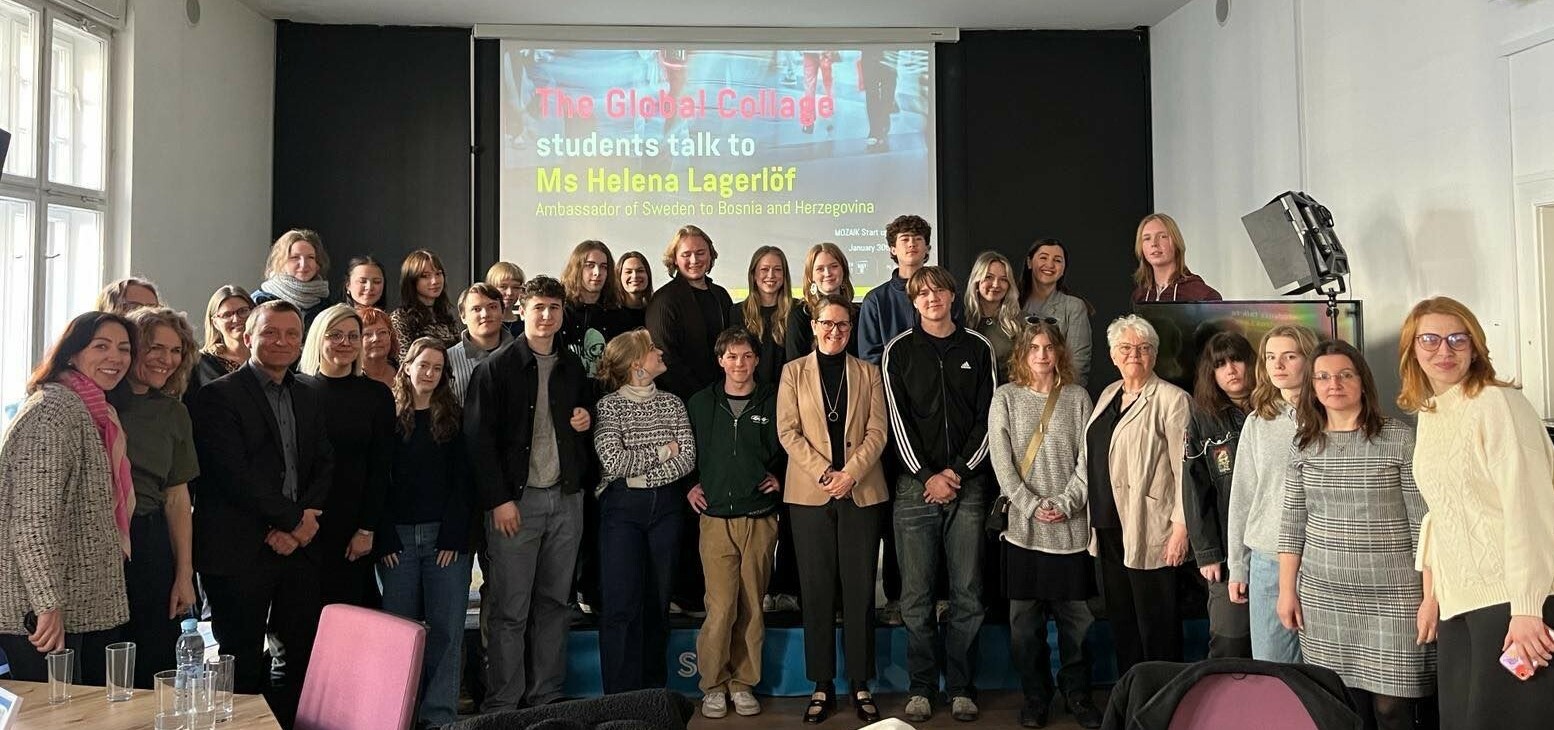
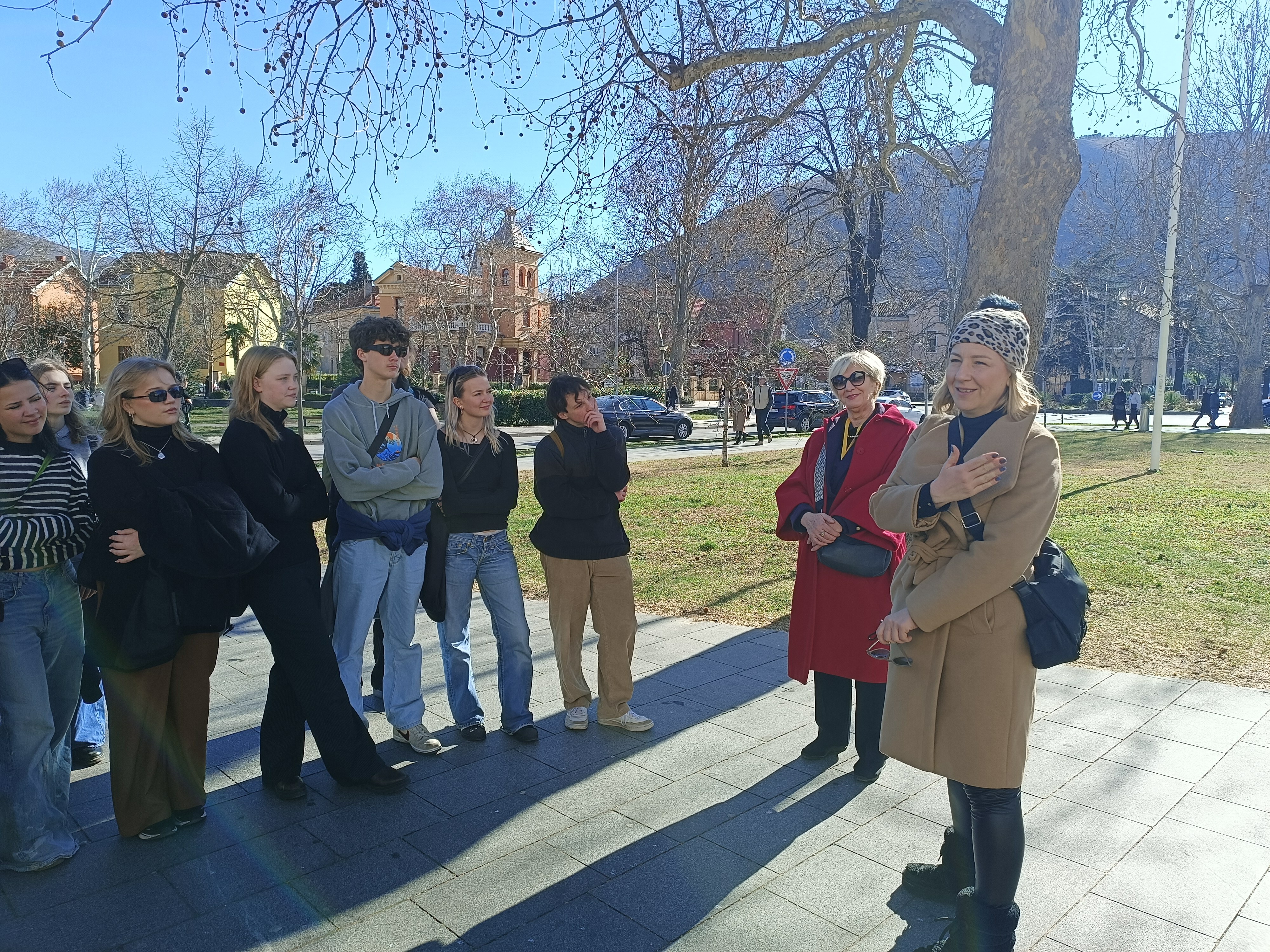
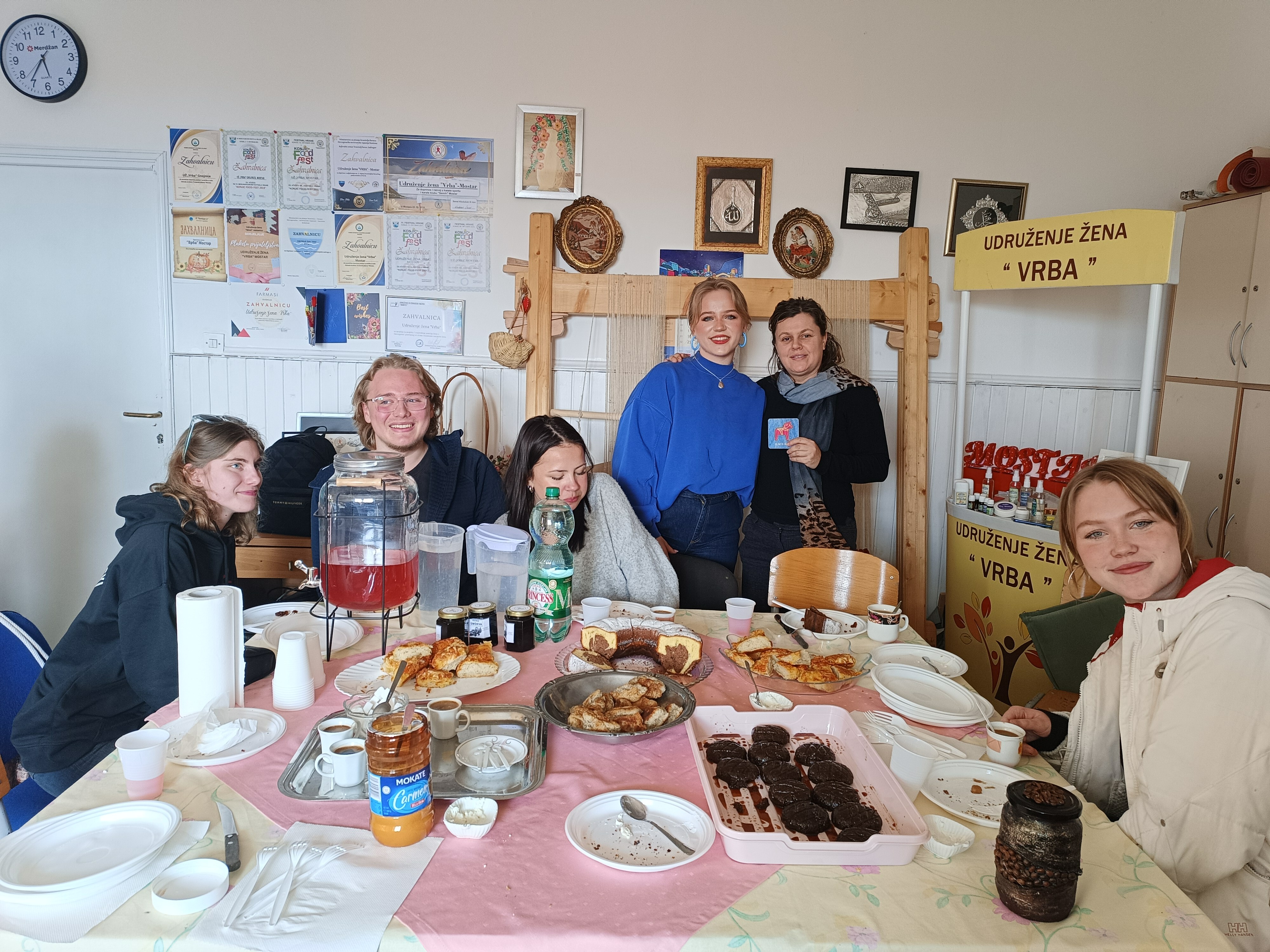
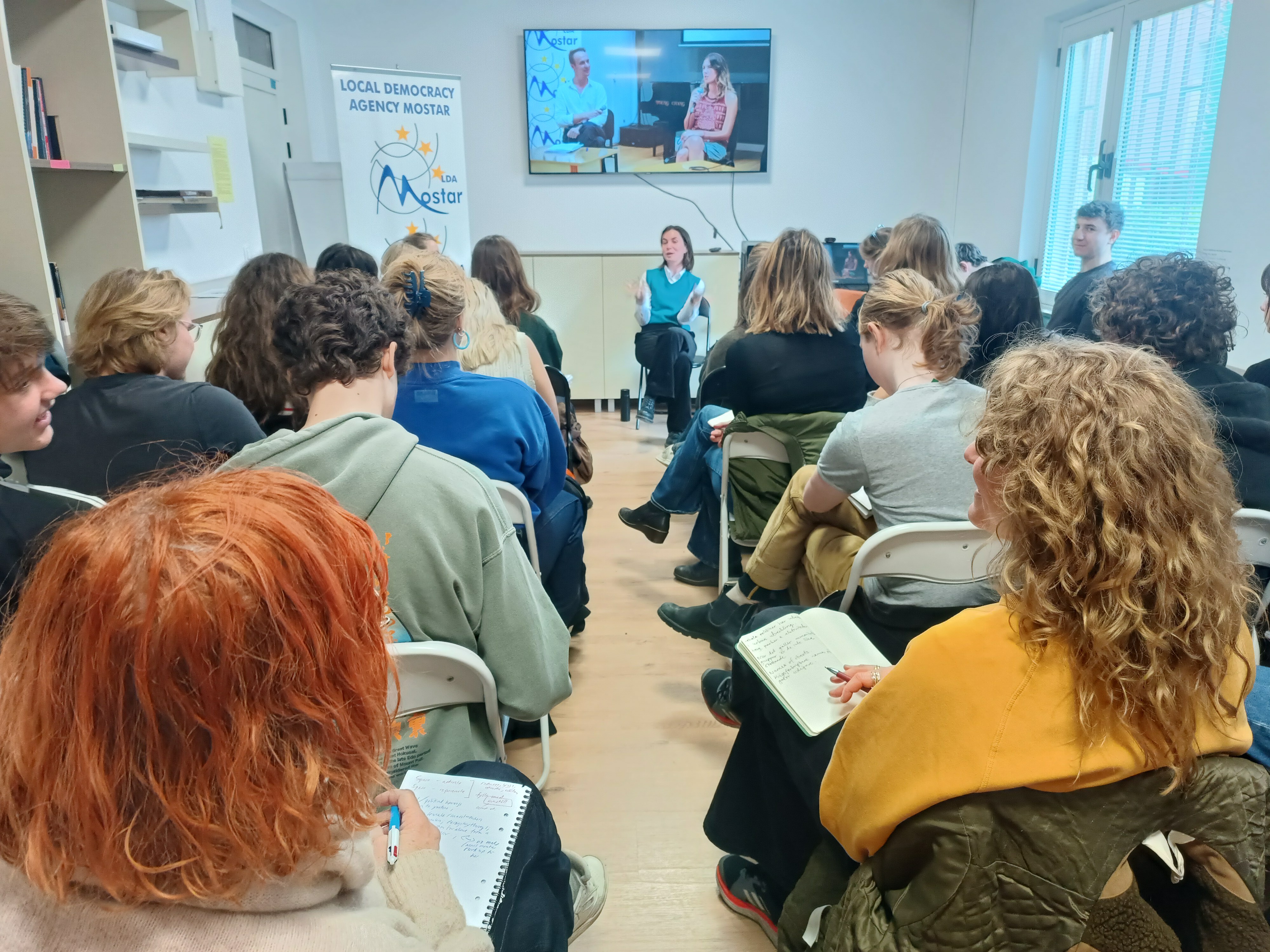
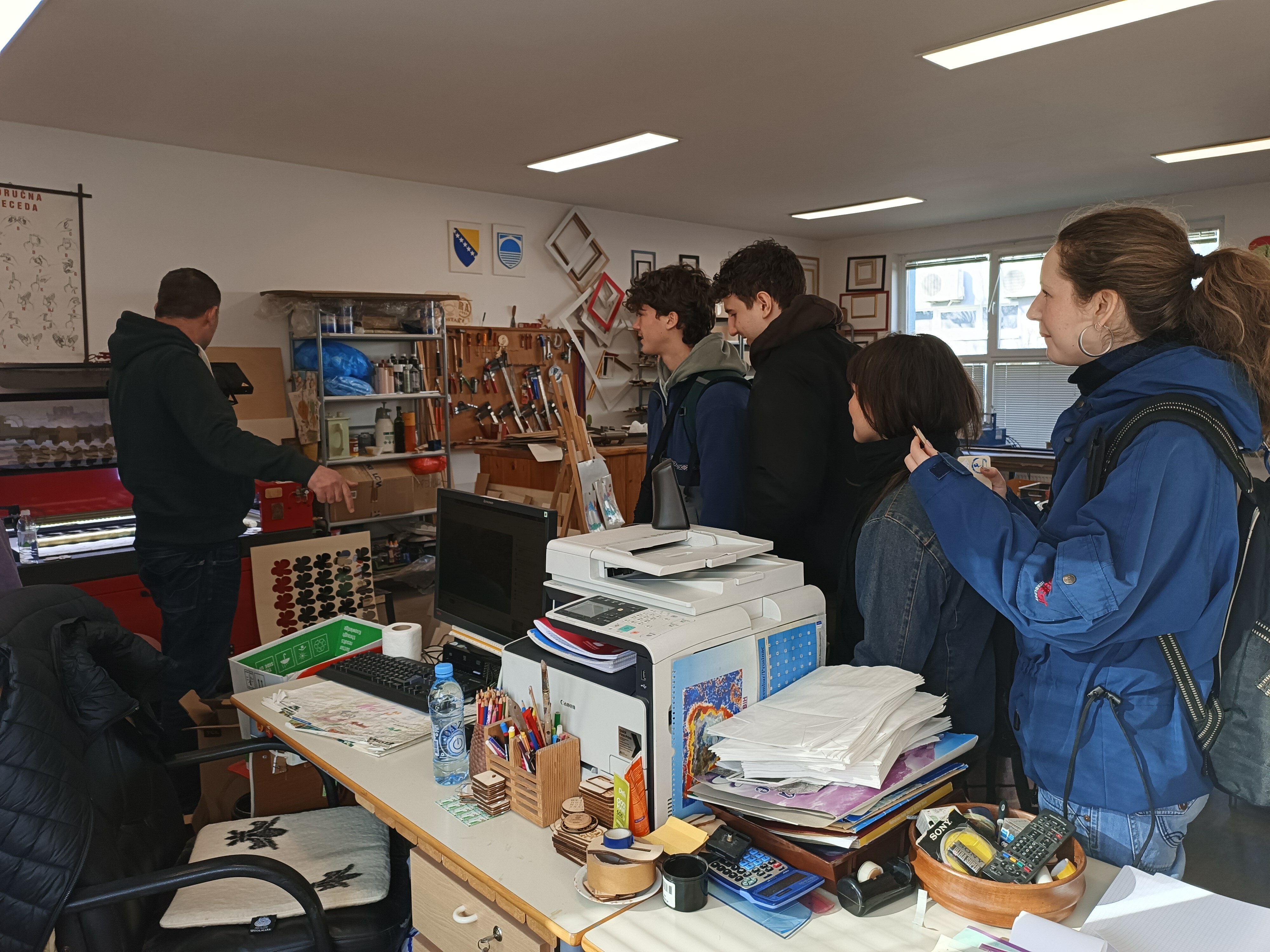
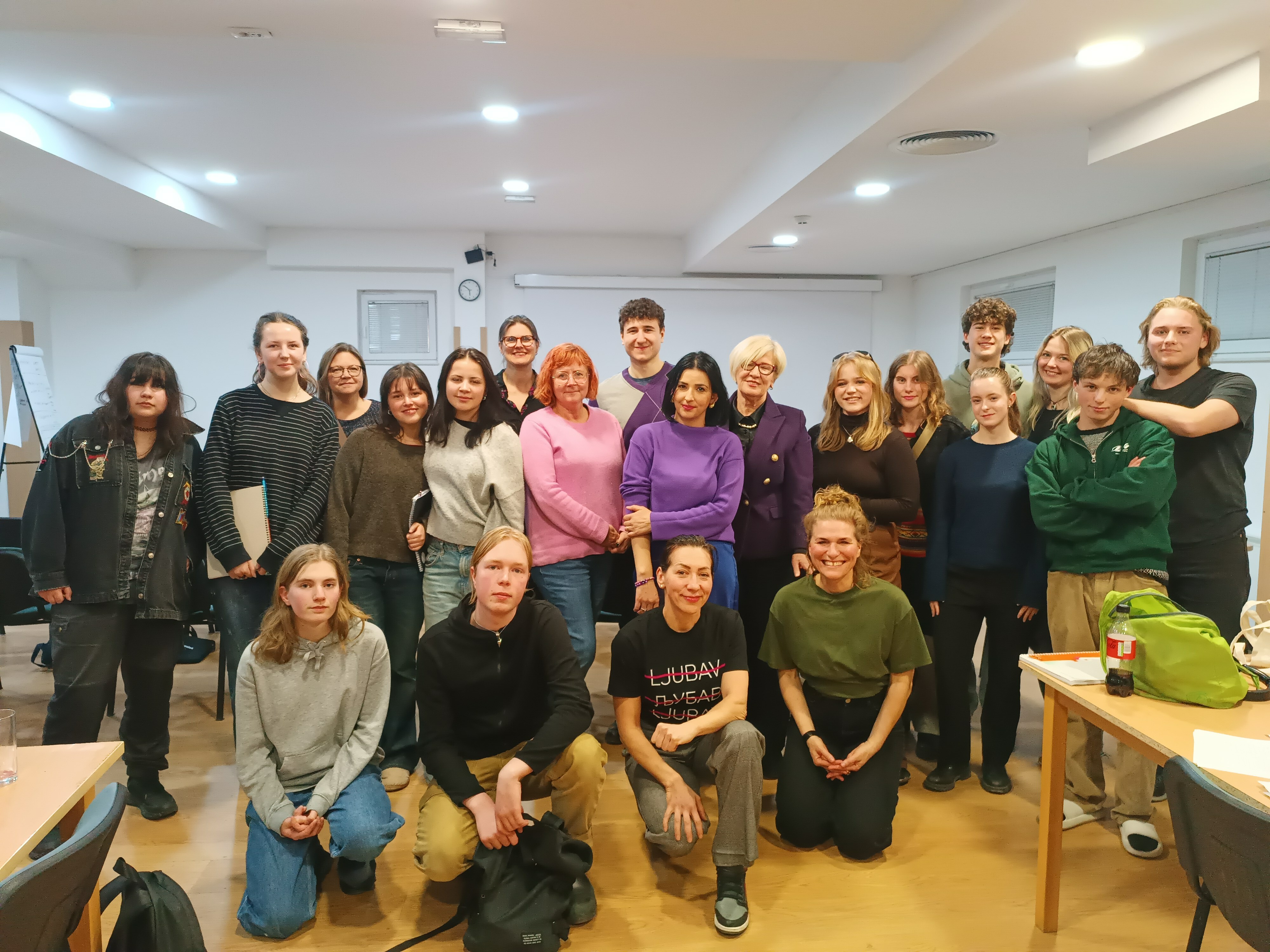
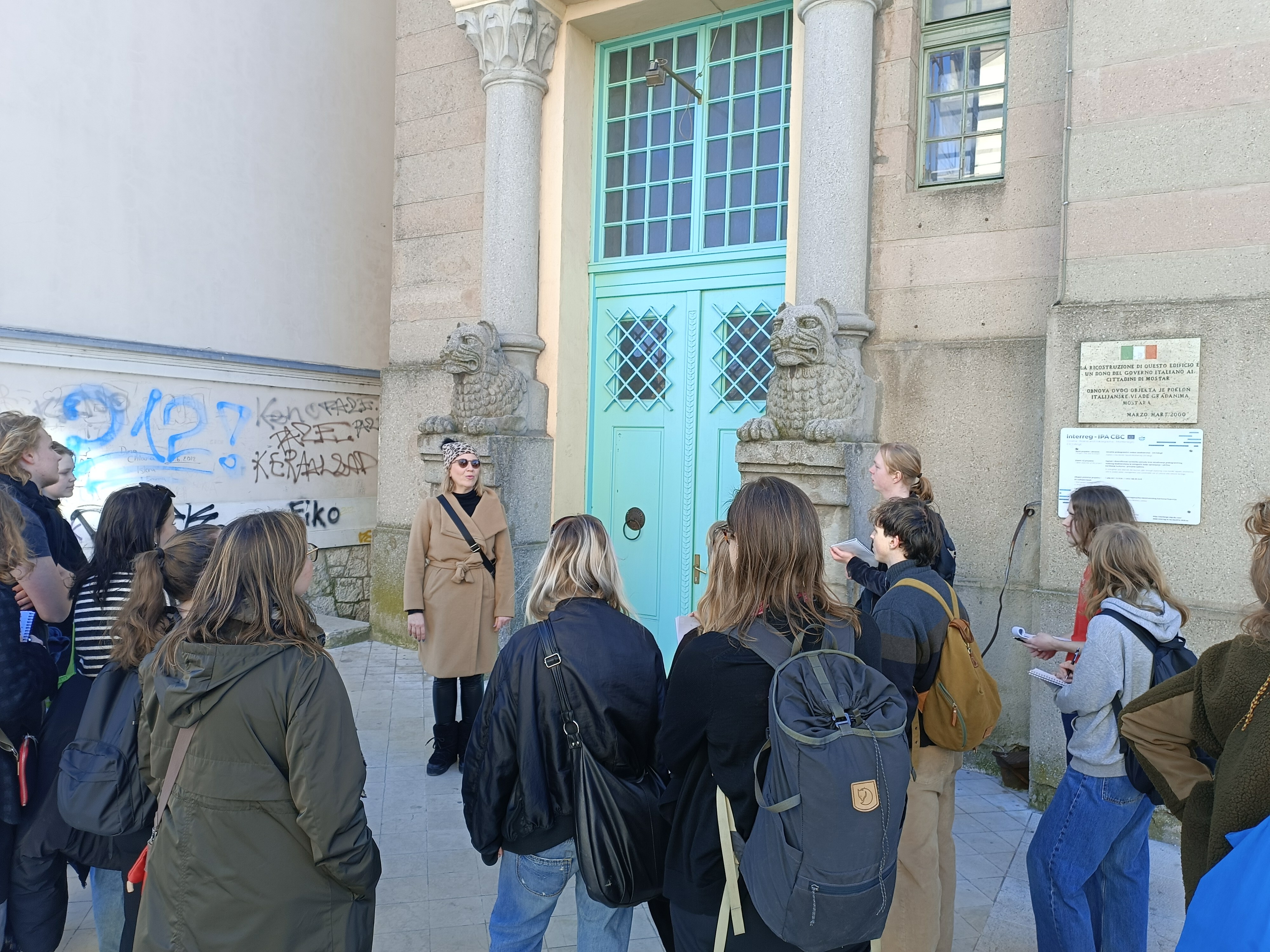
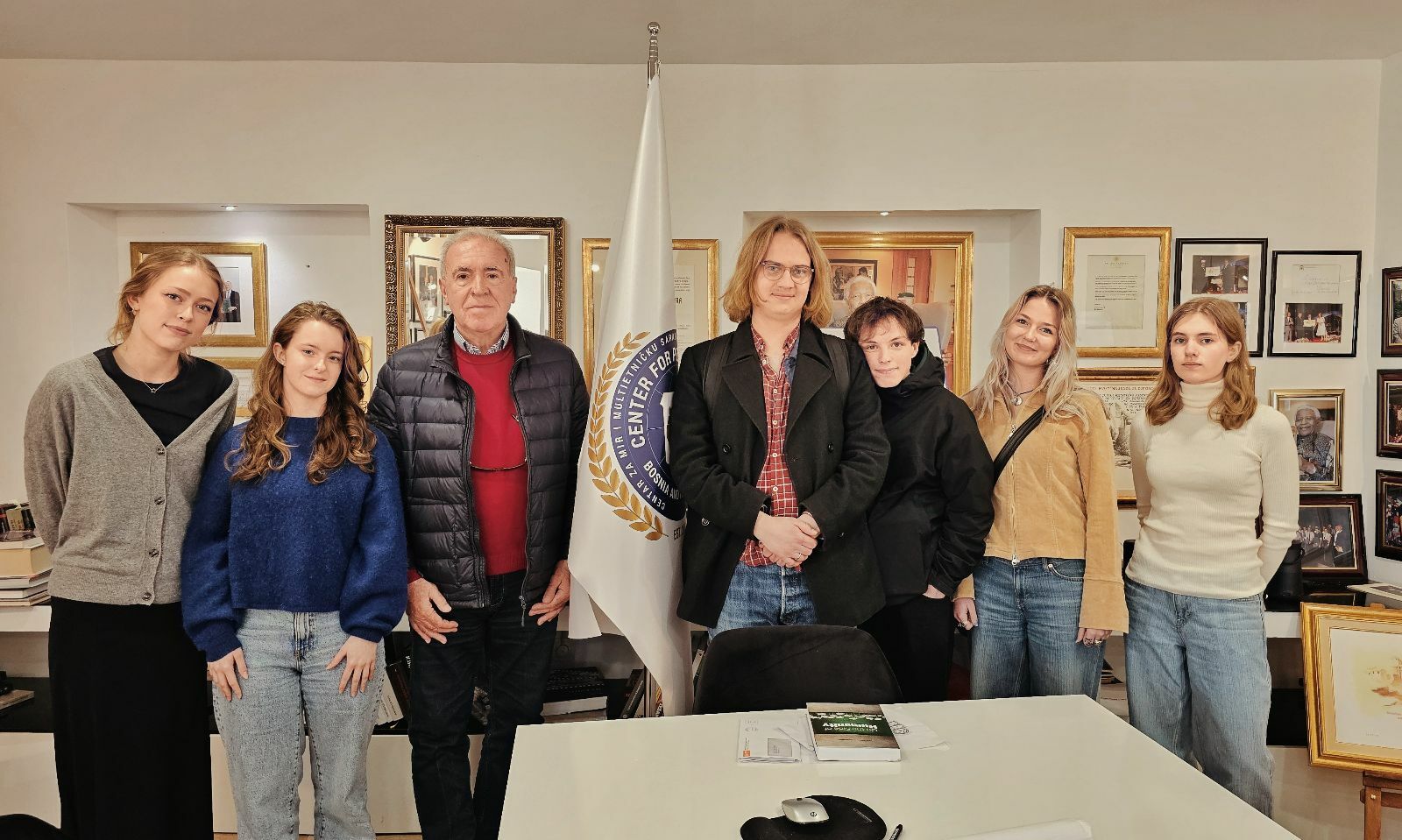
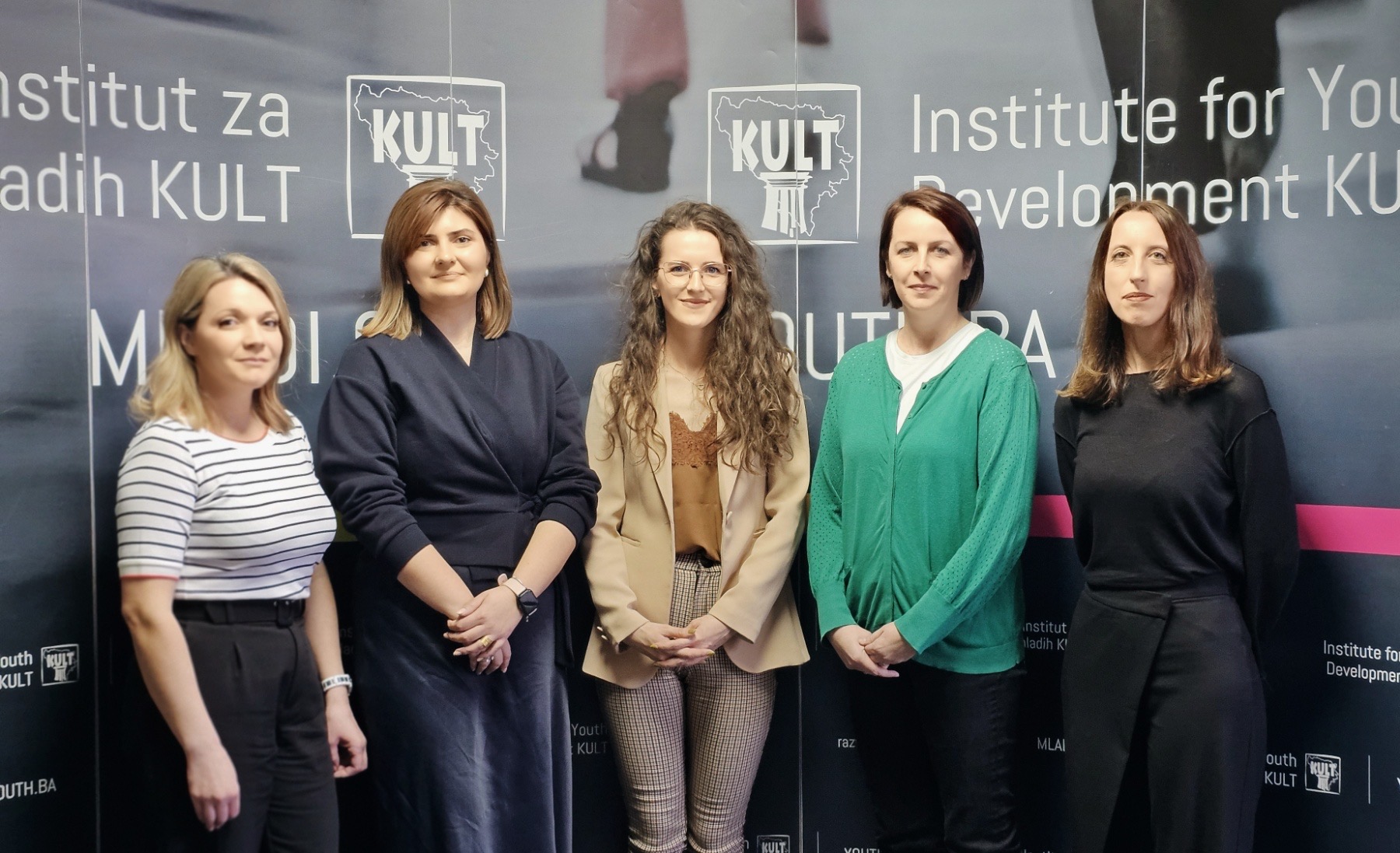
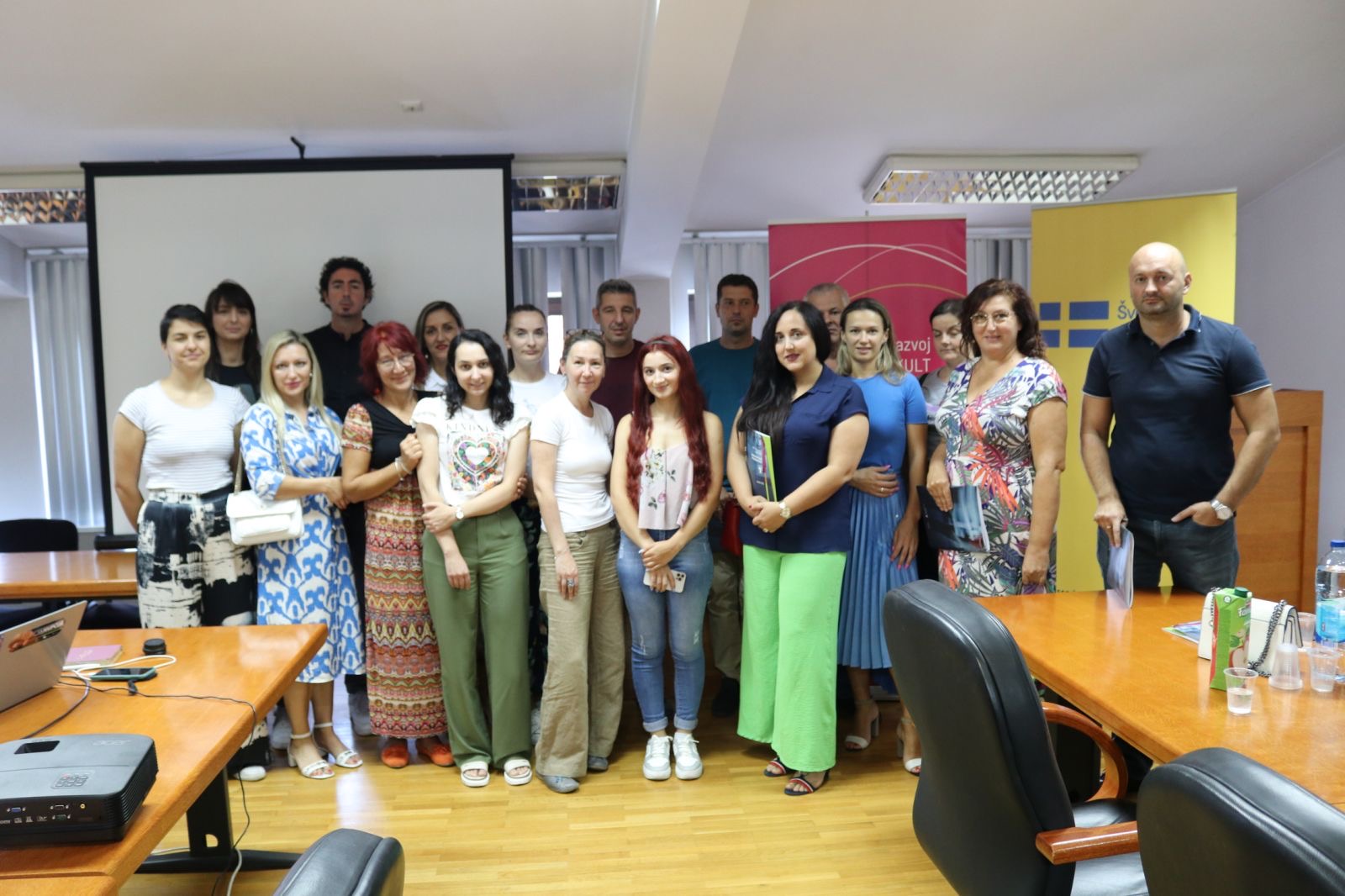










Leave a comment